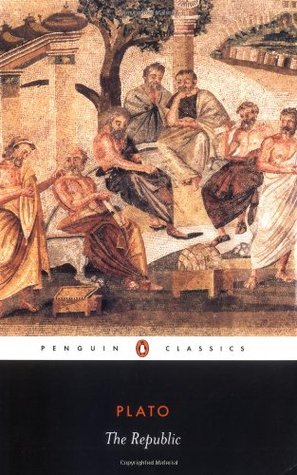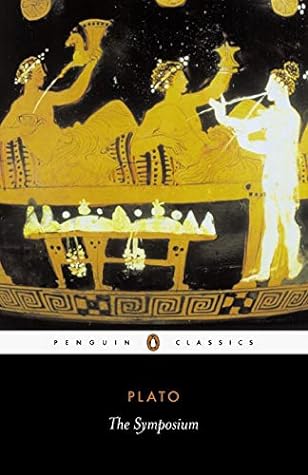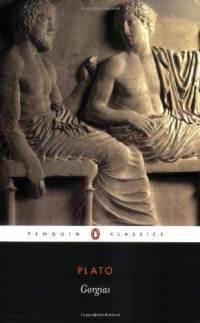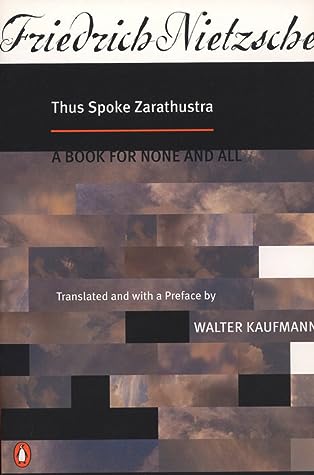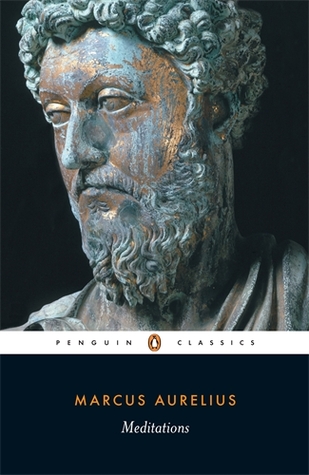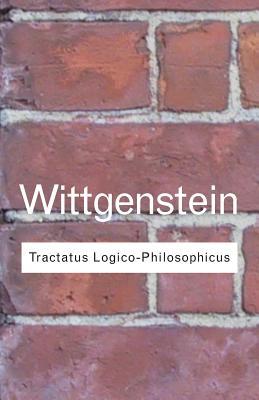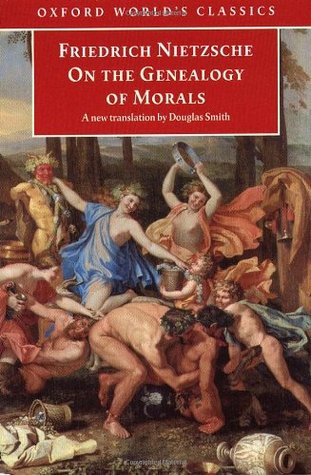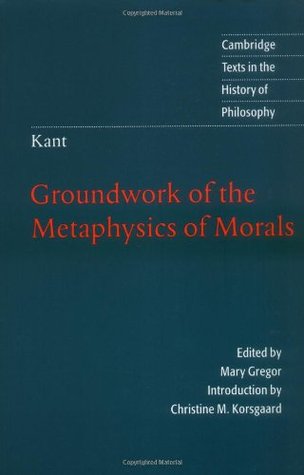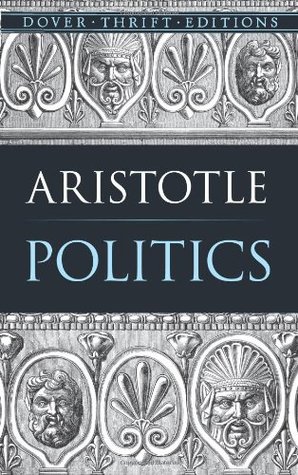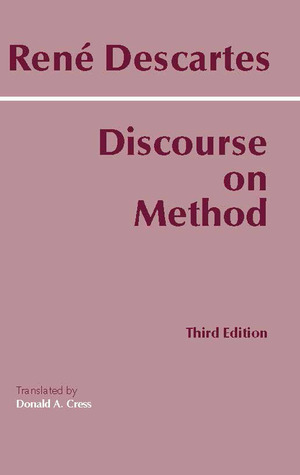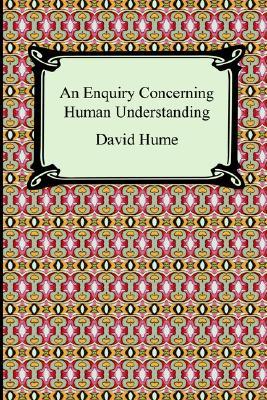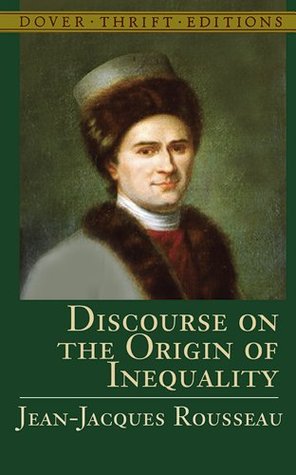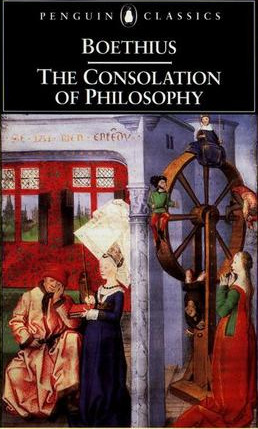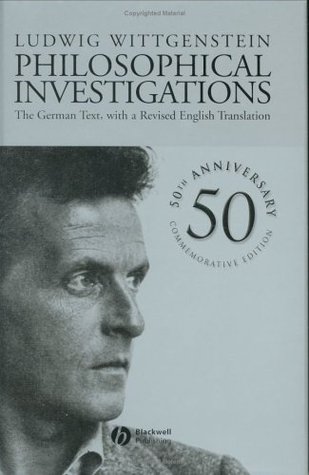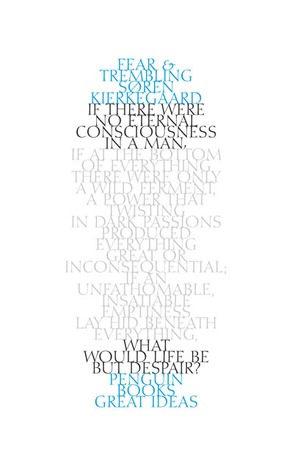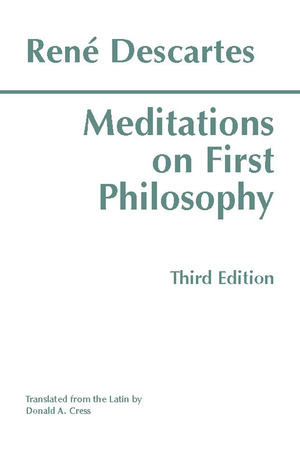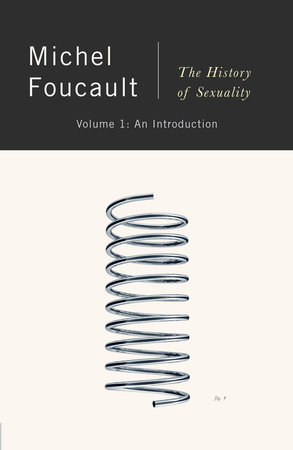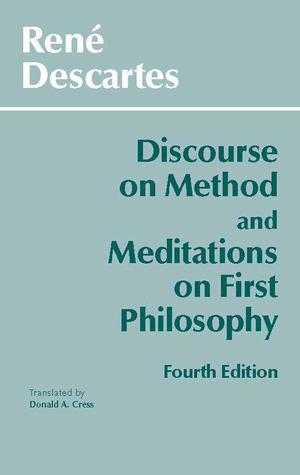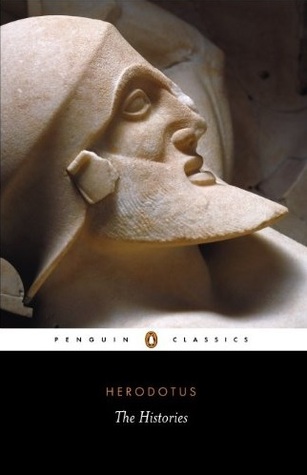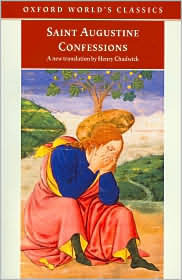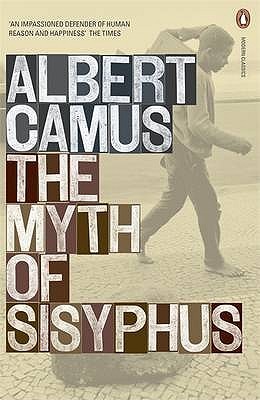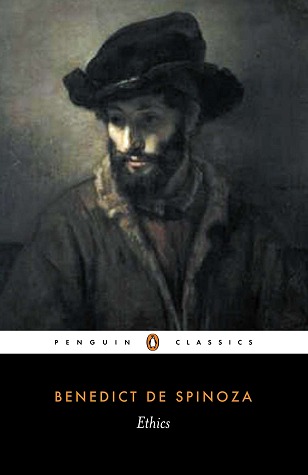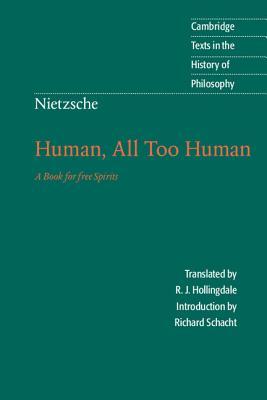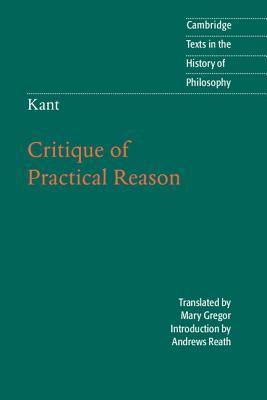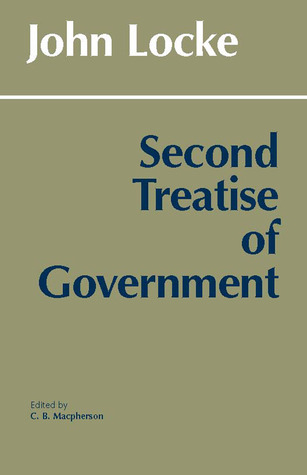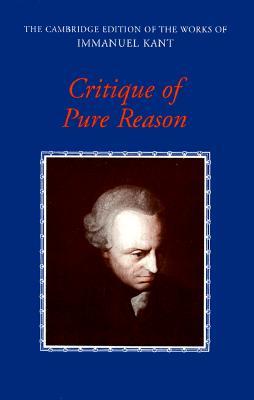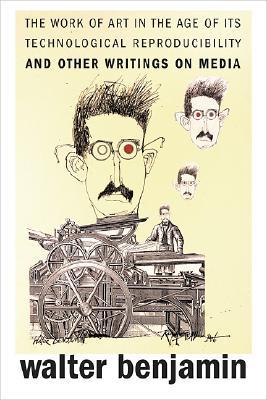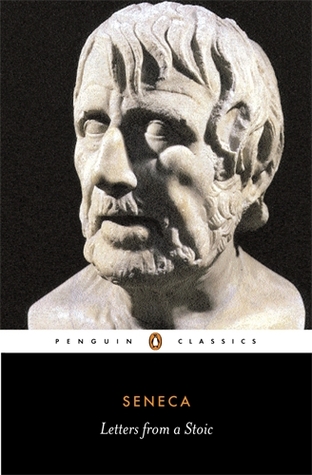Powered by a book like {foo}
Recommendations based on Phaedoby Plato
* statistically, based on millions of data-points provided by fellow humans
The Republic
by Plato
A philosophical discourse on justice, examining morality, politics, and virtue.
Presented in the form of a dialogue between Socrates and three different interlocutors, this classic text is an enquiry into the notion of a perfect community and the ideal individual within it. ... (Goodreads)
The Symposium
by Plato
A philosophical dialogue among ancient Greeks about the nature of love.
A fascinating discussion on sex, gender, and human instincts, as relevant today as ever. In the course of a lively drinking party, a group of Athenian intellectuals exchange views on eros, or desire. ... (Goodreads)
Gorgias
by Plato
Philosophical dialogue on the nature of justice and power of rhetoric.
Taking the form of a dialogue between Socrates, Gorgias, Polus and Callicles, GORGIAS debates perennial questions about the nature of government and those who aspire to public office. Are high moral ... (Goodreads)
The Nicomachean Ethics
by Aristotle
An exploration of virtue and morality, providing guidance on how to live a good life.
‘One swallow does not make a summer; neither does one day. Similarly neither can one day, or a brief space of time, make a man blessed and happy’ In the Nicomachean Ethics , Aristotle sets out to ... (Goodreads)
Thus Spoke Zarathustra
by Friedrich Nietzsche
A philosophical treatise exploring morality, religion, and the meaning of life.
Meditations
by Marcus Aurelius
Reflections on Stoic philosophy, exploring the nature of existence and how to live life.
Written in Greek by the only Roman emperor who was also a philosopher, without any intention of publication, the Meditations of Marcus Aurelius offer a remarkable series of challenging spiritual ... (Goodreads)
Tractatus Logico-Philosophicus
by Ludwig Wittgenstein
A philosophical treatise on language, logic, and the limits of human understanding.
Perhaps the most important work of philosophy written in the twentieth century, Tractatus Logico-Philosophicus was the only philosophical work that Ludwig Wittgenstein published during his life. ... (Goodreads)
On the Genealogy of Morals
by Friedrich Nietzsche
Exploration of morality, power, and the origin of human values.
On the Genealogy of Morals (1887) is a book about the history of ethics and about interpretation. Nietzsche rewrites the former as a history of cruelty, exposing the central values of the ... (Goodreads)
Groundwork of the Metaphysics of Morals
by Immanuel Kant
Examination of the foundations of moral philosophy, focusing on the nature of moral obligation.
Immanuel Kant's Groundwork of the Metaphysics of Morals ranks alongside Plato's Republic and Aristotle's Nicomachean Ethics as one of the most profound and influential works in moral philosophy ever ... (Goodreads)
Politics
by Aristotle
Analysis of the structure and nature of governments and the pursuit of justice.
What is the relationship of the individual to the state? What is the ideal state, and how can it bring about the most desirable life for its citizens? What sort of education should it provide? What ... (Goodreads)
Discourse on Method
by René Descartes
Philosophical exploration of the power of human reason and the nature of reality.
By far the most widely used translation in North American college classrooms, Donald A. Cress's translation from the French of the Adam and Tannery critical edition is prized for its accuracy, ... (Goodreads)
An Enquiry Concerning Human Understanding
by David Hume
Analysis of the nature of human understanding, challenging existing philosophical and religious beliefs.
An Enquiry Concerning Human Understanding, is a book by the Scottish empiricist philosopher David Hume , published in English in 1748. , It was a revision of an earlier effort, Hume's A Treatise of ... (Wikipedia)
Discourse on the Origin of Inequality
by Jean-Jacques Rousseau
An exploration of the origins of inequality between humans, and its effects on society.
If humans are benevolent by nature, how do societies become corrupt? And how do governments founded upon the defense of individual rights degenerate into tyranny? These are the questions addressed by ... (Goodreads)
The Consolation of Philosophy
by Boethius
A philosophical journey of self-reflection, exploring the true nature of happiness and existential purpose.
Boethius was an eminent public figure under the Gothic emperor Theodoric, and an exceptional Greek scholar. When he became involved in a conspiracy and was imprisoned in Pavia, it was to the Greek ... (Goodreads)
Philosophical Investigations
by Ludwig Wittgenstein
Wittgenstein's exploration of language and meaning, challenging traditional philosophical concepts and proposing new ways of understanding language games.
Philosophical Investigations, ( German : Philosophische Untersuchungen ) is a work by the philosopher Ludwig Wittgenstein . The book was published posthumously in 1953. Wittgenstein discusses ... (Wikipedia)
Fear and Trembling
by Søren Kierkegaard
Philosophical essay exploring the importance of faith, and the human struggle for faith.
Soren Kierkegaard was a Danish philosopher, theologian, and religious author interested in human psychology. He is regarded as a leading pioneer of existentialism and one of the greatest philosophers ... (Goodreads)
Meditations on First Philosophy
by René Descartes
Reflection on the nature of reality and human knowledge.
Descartes's Meditations on First Philosophy , the fundamental and originating work of the modern era in Western philosophy, is presented here in Donald Cress's completely revised edition of his ... (Goodreads)
The History of Sexuality, Volume 1: An Introduction
by Michel Foucault
Examination of the power dynamics and social constructions of sexual behavior.
Michel Foucault offers an iconoclastic exploration of why we feel compelled to continually analyze and discuss sex, and of the social and mental mechanisms of power that cause us to direct the ... (Goodreads)
Discourse on Method and Meditations on First Philosophy
by René Descartes
Philosophical treatise on the nature of knowledge and reality, examining the limits of human understanding.
La figura de Descartes como filósofo no ha sido objeto de unánime interpretación. Sobre todo en la actualidad se juzga y pondera su obra. no menos que su personalidad, de manera diferente. Para ... (Goodreads)
The Histories
by Herodotus
Exploration into the rise and fall of empires in the ancient world.
One of the masterpieces of classical literature, the "Histories" describes how a small and quarrelsome band of Greek city states united to repel the might of the Persian empire. But while this epic ... (Goodreads)
Confessions
by Augustine of Hippo
A spiritual autobiography tracing Augustine's journey from youthful excess to Christian faith.
Augustine's Confessions is one of the most influential and most innovative works of Latin literature. Written in the author's early forties in the last years of the fourth century A.D. and during his ... (Goodreads)
The Myth of Sisyphus
by Albert Camus
An essay on understanding the absurdity of life, and realizing there is meaning in even the most mundane tasks.
Throughout history, some books have changed the world. They have transformed the way we see ourselves—and each other. They have inspired debate, dissent, war and revolution. They have enlightened, ... (Goodreads)
Ethics
by Baruch Spinoza
Exploration of morality and the laws of nature, framed in a rationalist argument.
Published shortly after his death, the Ethics is undoubtedly Spinoza's greatest work - an elegant, fully cohesive cosmology derived from first principles, providing a coherent picture of reality, and ... (Goodreads)
Human, All Too Human: A Book for Free Spirits
by Friedrich Nietzsche
A philosophical exploration of the human condition and the pursuit of morality.
This volume presents Nietzsche's remarkable collection of almost 1400 aphorisms in R. J. Hollingdale's distinguished translation, together with a new historical introduction by Richard Schacht. ... (Goodreads)
Critique of Practical Reason
by Immanuel Kant
Kant's examination of the nature of practical reason and its role in guiding human action towards moral ends.
This seminal text in the history of moral philosophy elaborates the basic themes of Kant's moral theory, gives the most complete statement of his highly original theory of freedom of the will, and ... (Goodreads)
Second Treatise of Government
by John Locke
A philosophical inquiry into the nature of government and the rights of citizens.
The central principles of what today is broadly known as political liberalism were made current in large part by Locke's Second Treatise of Government (1690). The principles of individual liberty, ... (Goodreads)
The Prince
by Niccolò Machiavelli
A timeless political treatise on the art of acquiring and maintaining power.
Machiavelli needs to be looked at as he really was. Hence: Can Machiavelli, who makes the following observations, be Machiavellian as we understand the disparaging term? 1. So it is that to know the ... (Goodreads)
Critique of Pure Reason
by Immanuel Kant
Exploration of the limits of human reason and its limitations in understanding nature.
'The purpose of this critique of pure speculative reason consists in the attempt to change the old procedure of metaphysics and to bring about a complete revolution', Kant's Critique of Pure Reason ... (Goodreads)
The Work of Art in the Age of Its Technological Reproducibility, and Other Writings on Media
by Walter Benjamin
Reflection on the impact of technology on art, culture and society.
Benjamin’s famous 'Work of Art' essay sets out his boldest thoughts–on media and on culture in general--in their most realized form, while retaining an edge that gets under the skin of everyone who ... (Goodreads)
Letters from a Stoic
by Seneca
A collection of Stoic philosophies and advice on living a meaningful life.
The power and wealth which Seneca the Younger (c.4 B.C. - A.D. 65) acquired as Nero's minister were in conflict with his Stoic beliefs. Nevertheless he was the outstanding figure of his age. The ... (Goodreads)
